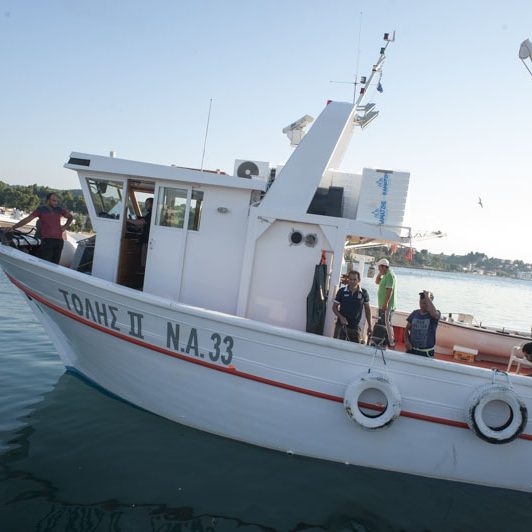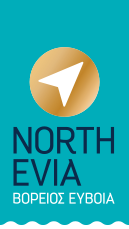Ever since he was 15, Thanasis Filaretos would observe the residents of his village, Asminio, Evia, cure fish, either for their own consumption or for commercial purposes.
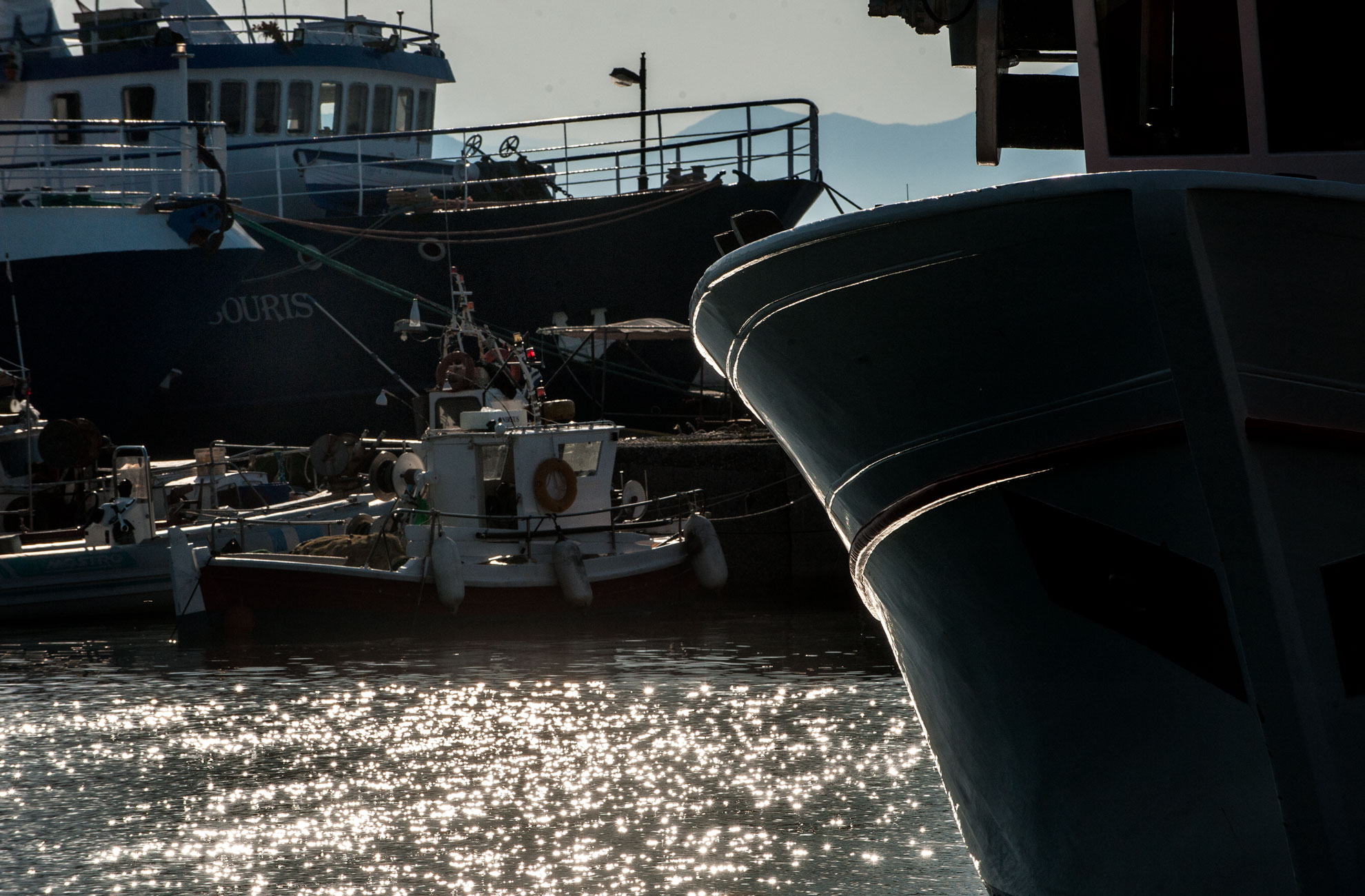
North Evia
a quality story!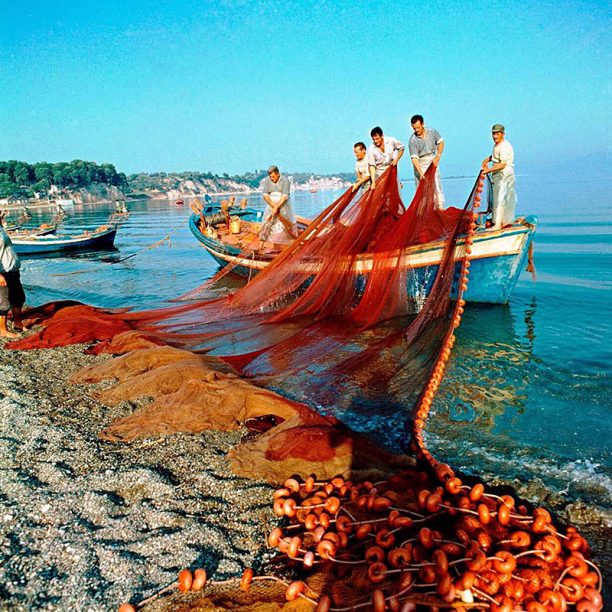
So early on, he understood that he would become a part of this tradition, even though his family was mostly into vegetable produce. And he may have gone down the farming track if a major flood had not ruined the fields and forced him to view those tinned sardines he was curing under a more professional light.
So he started getting familiar with the process. He slowly started getting into this job. He met the local fishermen, as well as the tradesmen who sealed the tin cans and agreed to support his vision.
His first earnings, albeit paltry, were converted into tin cans and salt, which he transferred from Istiaia on a trailer, tied behind a Zündapp motorbike.
He started off in a small warehouse amid the orchards and a few seasonal workers. The warehouse foundations were made of grit from the beach. So, it was the sea that laid the foundations for the growth of the business, both literally and metaphorically.
Having quit high school and not having served his mandatory military service yet, Thanasis Filaretos did not know how to issue his first invoices; however, he knew what fresh fish looked like, and how much salt and time was needed for best results.
When he completed his military service, him and his wife came to realise that their future was not in vegetable produce, which suffered flood damages ever so often, but in cured products.
Nothing was easy, and they took small, yet steady steps towards growing their business. The fishermen had a new associate they could work with. Salt was brought in on a brand new pick-up truck. The tinned products travelled further than the neighbouring villages. It was not just friends and friends of friends buying them, but new customers, who were satisfied and kept placing repeat orders. A second room was added to the small warehouse in the orchards.
And that’s when the Italians came. In the neighbouring country, where anchovies are an integral part of their cuisine, anchovy fishing was banned from 1983 to 1989. So the Italian companies turned to Greece for the necessary supplies.
A large company from the south of Italy made it all the way to the warehouse in the orchards. The first order was for 4,000 tin cans. The initial surprise and apprehension soon faded, as they followed the tradition, kept abreast with the developments and grasped new opportunities.
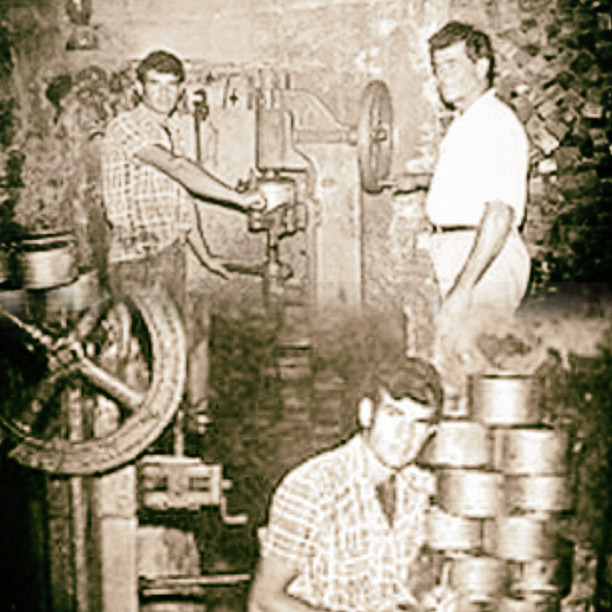
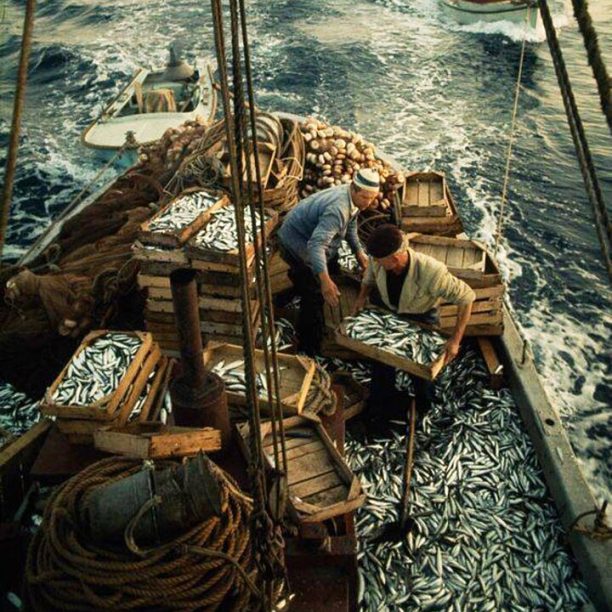
Dreams fit in the smallest grain of the mind. But in reality, they need more space. The small warehouse was not enough to store the cans, so they even made use of their home’s living room.
The beginning of this beautiful story goes way back. However, the growth of the business was starting just then. The small 70 m2 warehouse gave way to a 600 m2 one by the end of the 80s.
But what Thanasis Filaretos got out of working with the Italian company was not just healthy financial growth, which started back then, but new technical know-how from experts of the Italian company, who came to Greece solely for that purpose.
The Lido cured products, the name of the company back then, started standing out from the competition. Thanasis Filaretos realised that the key to success was placing trust in human relations and partnerships, and having superior quality products, which arise from improved knowledge, innovation and technical know-how.
There are things we know nothing about, but no one is stopping us from learning them. This is the doctrine he passed on to his children, who are successfully carrying on the family business today. Filaretou Bros OE is now housed in 1100 m2 facilities and distributes first-rate products to the Greek and international market under the North Evia brand.
These days, Thanasis visits the company when new fish supplies come in, doing what he knows how to do best ever since he was a kid: checking the quality of the fish. Because apart from knowledge, passion, know-how and equipment, it is the raw materials that can make the final product stand out.
He knows this well and he often discusses it with fishermen, retired and younger ones, while having a glass of ouzo by the beach and talking about what they love most in their lives: fish. And, of course, all this while enjoying the fruit of their labours: fish delicacies.
